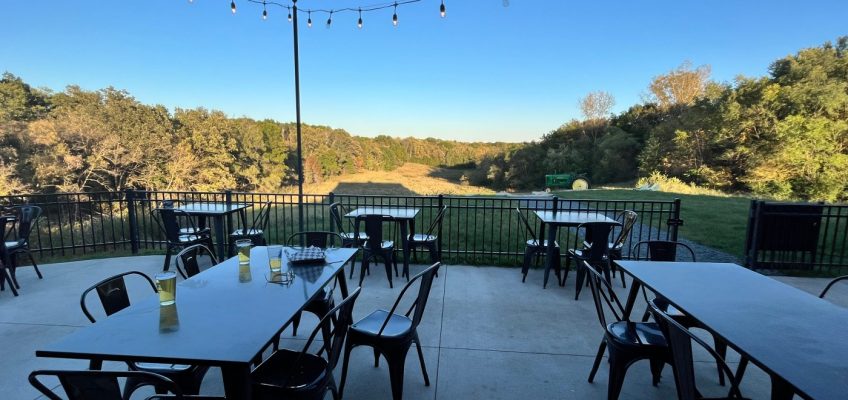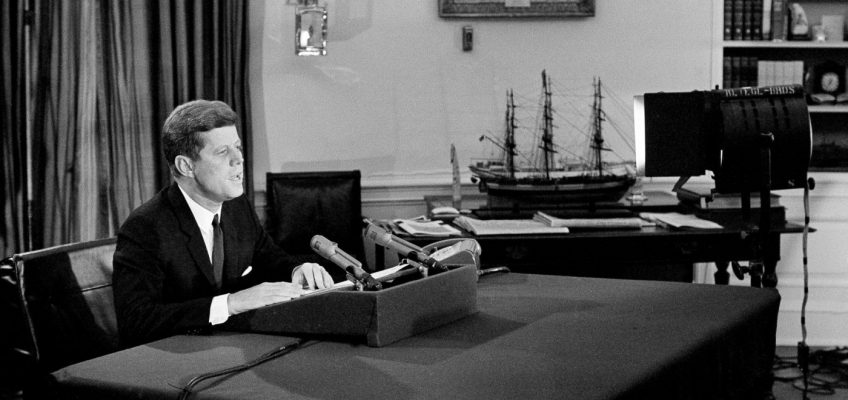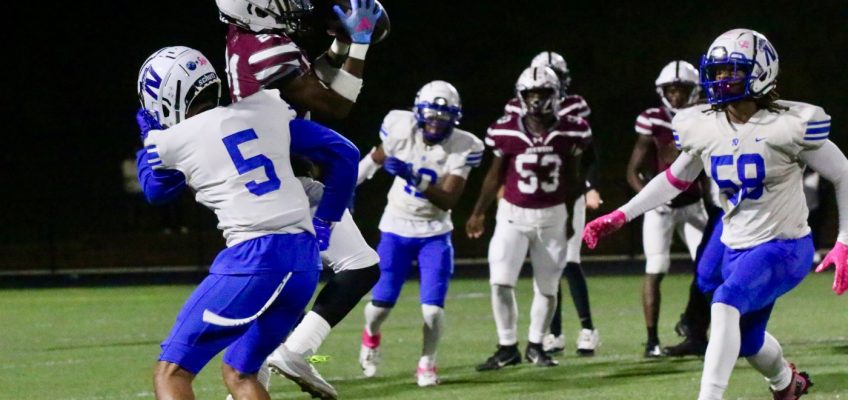This past week was full of meetups with friends as we all tried to wring every last bit sunshine out of this gorgeous fall weather. After all, we live in Minnesota, and it could snow tomorrow.
We hit up two patios and took a walk to one of my favorite bars in St. Paul. Here’s hoping the good weather holds out for at least a few more weeks.
North 20 Brewing
A friend of mine texted me to ask if I’d ever heard of this brewery in Rosemount, which he discovered because his child has soccer practice nearby.
I hadn’t, so we decided to meet there and have a few patio beers.
I thought the GPS was going rogue and taking us to meet the Children of the Corn as we turned onto the dirt road the brewery is on, but there it was. Across from a corn field with a gorgeous forest clearing for a back yard, North 20 feels like an escape from the city, and it’s less than 20 minutes from our neighborhood.
As we sat on the patio and watched deer wander in the golden-hour light, I sipped a decent pilsner and a pretty good blood orange IPA. We noshed on delicious Aki’s pretzels, a snappy brat from Greg’s Meats in Hampton and a smoky hot dog, also from Greg’s. A fancy dinner it was not, but a temporary escape from our busy urban lives, it was.
The brewery hosts lots of community events — from trivia nights to comedy, live music and other games. And a full parking lot on the night of our visit felt like the embodiment of the “Field of Dreams” adage: If you build it, they will come. Corn field and all.
North 20 Brewing: 12266 W. Bacardi Ave., Rosemount; 612-476-2961; north20brewing.com
Moscow on the Hill
Deruny (potato pancakes) at Moscow on the Hill in St. Paul, pictured in October 2025. (Jess Fleming / Pioneer Press)
After a recent business meeting, some friends and I needed somewhere to raise a glass to possibilities, and Moscow on the Hill is one of my favorite places to celebrate. (I actually marked my 40th birthday in the dining room with a big group of friends.)
Pelmeni and a Red Oct. martini at Moscow on the Hill on Selby Avenue in St. Paul, pictured in October 2025. (Jess Fleming / Pioneer Press)
And because the restaurant’s sprawling patio was still open, we wandered out, realizing quickly that the evening was a little chilly for outdoor dining.
Our server noticed and immediately brought us a pile of fleece blankets to wrap ourselves in, a little kindness that made sitting outside actually enjoyable.
We ordered martinis (I love a dry Sputnik, made with nose-clearing horseradish vodka) and some appetizers and had a lovely conversation.
My favorite bite was the Siberian pelmeni dumplings, which are maybe my most-ordered item in St. Paul. Filled with beef and pork and topped with a generous dollop of sour cream, these savory little pockets of deliciousness are best doused with the chili-garlic vinegar you can request with them.
I’m also a huge fan of the restaurant’s deruny (potato pancakes), which, unlike latkes and other shredded-potato varieties, are made from savory mashed potatoes and topped with caramelized onions and sour cream. They’re comfort food at its finest.
And I never dine at Moscow without ordering the cauliflower and green beans, which are deeply spiced and perfectly crisp-tender and disappear quickly.
Moscow on the Hill: 371 Selby Ave., St. Paul; 651-291-1236; moscowonthehill.com
Emerald Lounge
Butter beans from Emerald Lounge on St. Paul’s West Seventh Street, pictured in October 2025.
After a retirement party for the MVP of the office (congrats, Barb!), I was set to meet with a friend who works downtown, and it was a beautiful night, so we walked to Emerald Lounge.
This little slip of a bar is elegant and laid-back at the same time, which is my favorite combo.
The cocktails here are excellent — we ordered the martini of the day, which is always crisp and delicious, and the huntress, a savory cocktail featuring aquavit.
Cavatappi pasta at Emerald Lounge in St. Paul, pictured in October 2025. (Jess Fleming / Pioneer Press)
We split a plate of tender butter beans, which were swimming in a flavorful romesco sauce and topped with salty green olives and nutty manchego cheese. I could honestly make dinner out of that plate on my own, but since there were two of us, we added a crisp wedge salad and an excellent cavatappi pasta, bathed in a sauce that I’m still thinking about. Spicy chili crisp, umami miso and vodka combined with funky pecorino romano combine to create something far greater than any of the individual parts. I hope it stays on the menu for a while, because I can see it being warming perfection in the dead of winter.
Emerald Lounge: 455 W. Seventh St., St. Paul; 651-410-1650; emeraldstpaul.com
Related Articles
Dining Diary: Hit these two haunted St. Paul restaurants for spooky season
Fall is here, and so is booya! Here’s your list of annual events
Reader alert: Send us your organization’s booya information!
Dave Terry’s Top 10 Minnesota State Fair food commandments (plus one)
Every deep-fried cheese curd on the State Fairgrounds, ranked in 13 graphs




